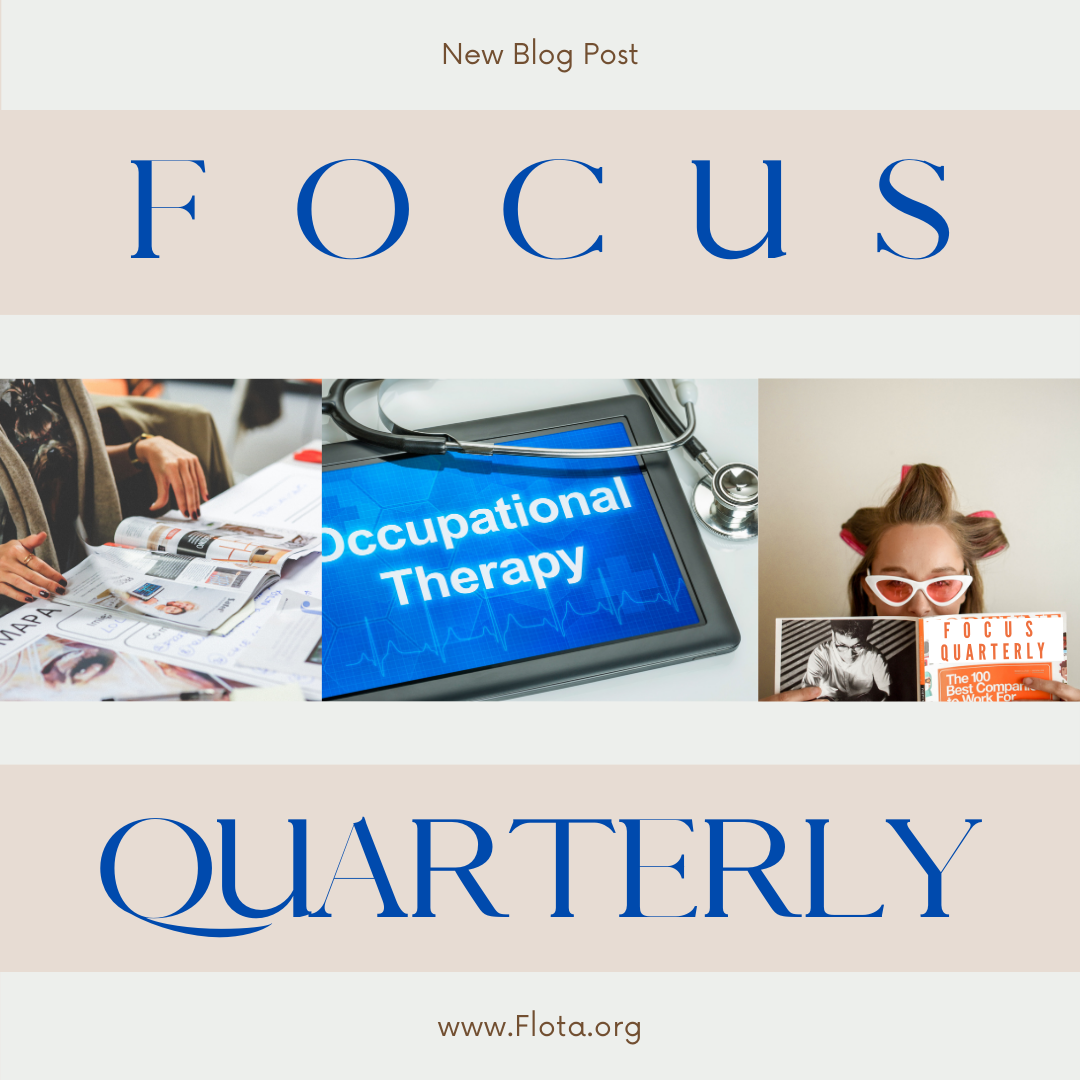
Joint effort with the Agency for Health Care Administration (AHCA) and the Department of Elder affairs in a home modification program.
Eligible providers will have 60 days to complete the application for funding. Providers must apply by February 14, 2022.
FOTA's Government Affairs is proud to announce a joint effort with the Agency for Health Care Administration (AHCA) and the Department of Elder affairs in a home modification program designed to enable older adults in Florida to remain in their homes, rather than move to nursing homes or other assisted care facilities. The goal of this program is to enable low-income elderly persons to remain in their homes through low-cost, low barrier, high impact home modifications to reduce older adults’ risk of falling, improve general safety, increase accessibility, and to improve their functional abilities in their home. The program requires that an occupational therapist play the lead role for the home modification team.
Details are limited at this time. We anticipate the cap for home mods will be around $5,000 for each client, and are still working on identifying an appropriate reimbursement rate for clinician. The initiative will occur throughout Florida, so where ever you are, you are needed. We are encouraging OTs to register with AHCA as Medicaid providers to shore up our resources in prep for this influx of around $127 million dollars earmarked for this initiative.
Please review the following alert to learn more.
Florida Agency for Health Care Administration Announces Application Period for Home and Community-Based Services Provider Funding
~The initial application period focuses on supporting providers with workforce recruitment and retention~
TALLAHASSEE, FL – Today, the Agency for Health Care Administration (Agency) announced the initial application period for three components of the Agency’s Home and Community-Based Services (HCBS) enhanced funding plan. Eligible providers will have 60 days to complete the application for funding. Providers must apply by February 14, 2022.
“Under Governor DeSantis’ leadership, taking care of Florida’s seniors and most vulnerable residents has been and continues to be a top priority,” said Agency Secretary Simone Marstiller. “The Agency is pleased to invest this enhanced funding in Florida’s home and community-based services providers to strengthen their ability to recruit and retain staff to care for the most vulnerable and enhance the ability of these Floridians to receive care in a community-based setting.”
The three components included in the initial application cycle include:
- •One-time provider stipend payments to support HCBS providers;
- One one-time payments to aid eligible HCBS providers in recruiting and retaining qualified staff; and
- Funding to support the purchase of delayed egress systems for group homes and adult day training centers.
More information on the application process and a list of eligible provider types can be found HERE.
The application process for eligible providers is to ensure appropriate measures are put in place to prevent fraud, waste, and abuse. The Agency will announce additional application periods for remaining program components, which are expected to occur by April 2022.
Florida’s HCBS programs serve the state’s aging population, as well as individuals with physical, intellectual, and developmental disabilities. For more information about Florida’s strategy for administering the increased FMAP funding for HCBS providers and to apply or obtain updates on upcoming application cycles, please visit: https://ahca.myflorida.com/hcbsapplication.
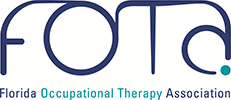

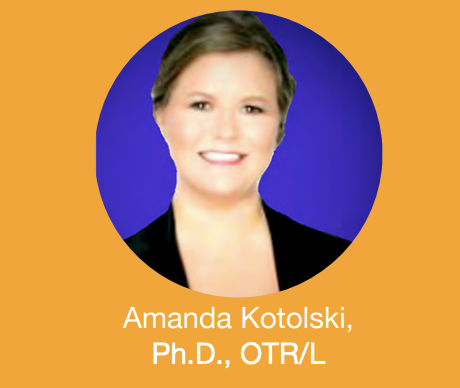

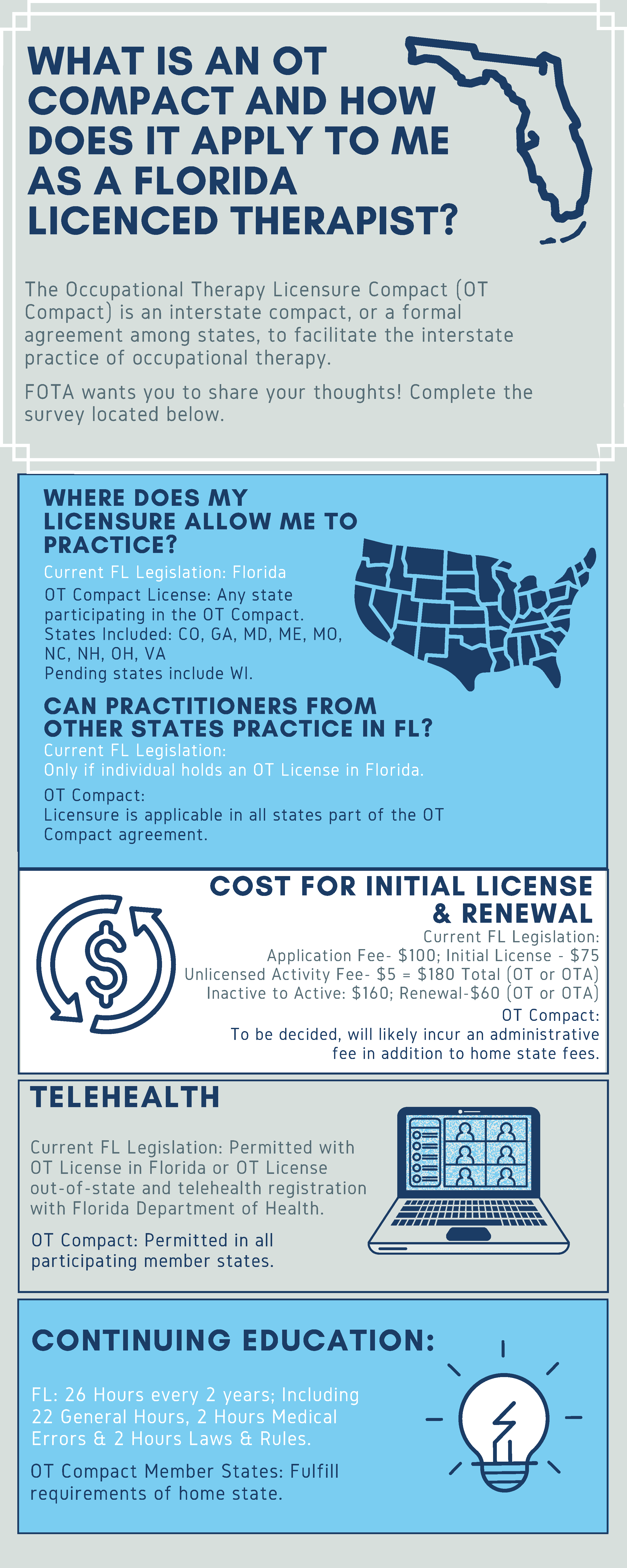
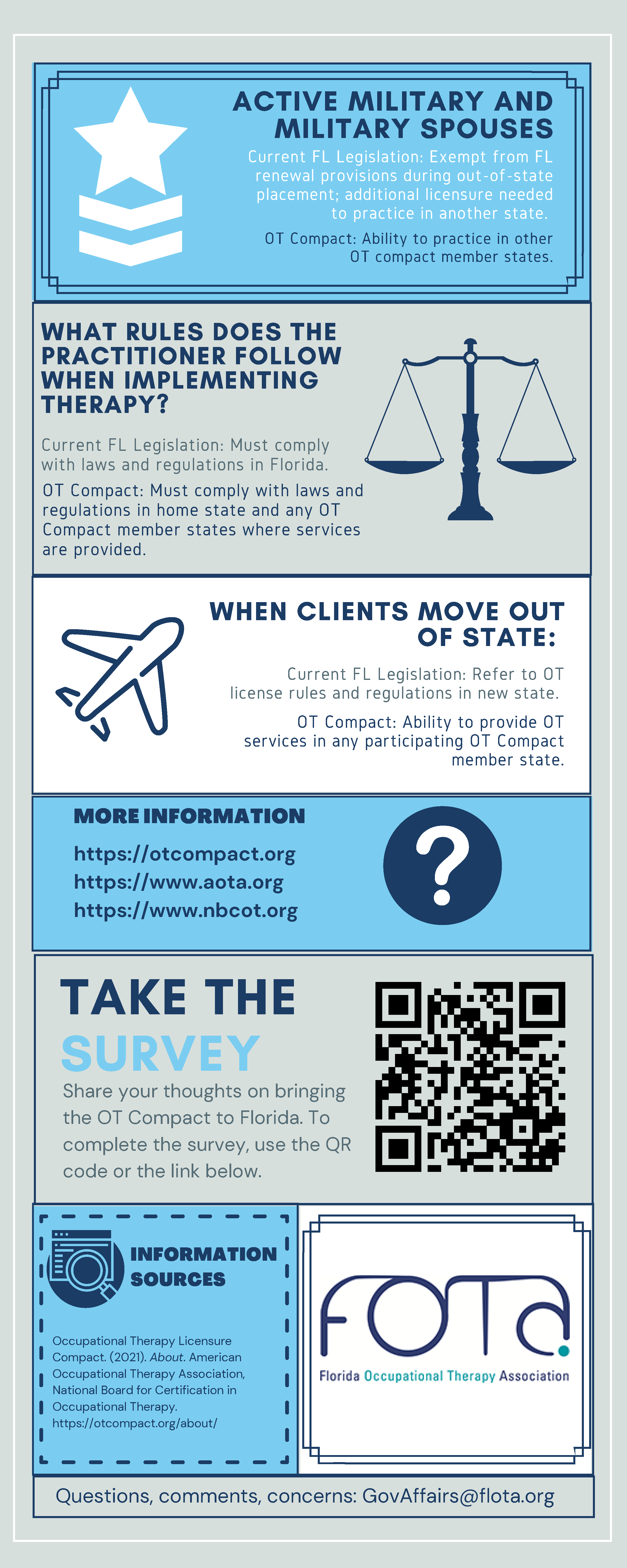
 FOTA21 Conference: Student Poster Submissions
FOTA21 Conference: Student Poster Submissions
